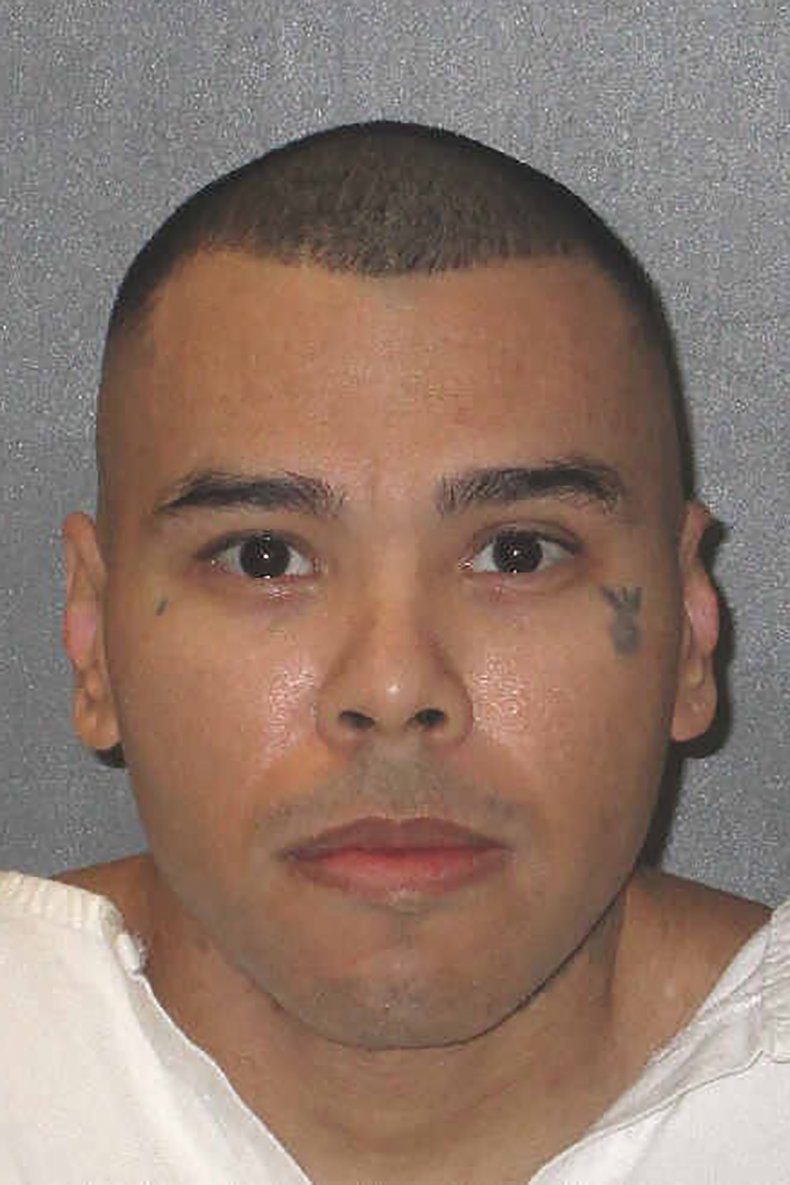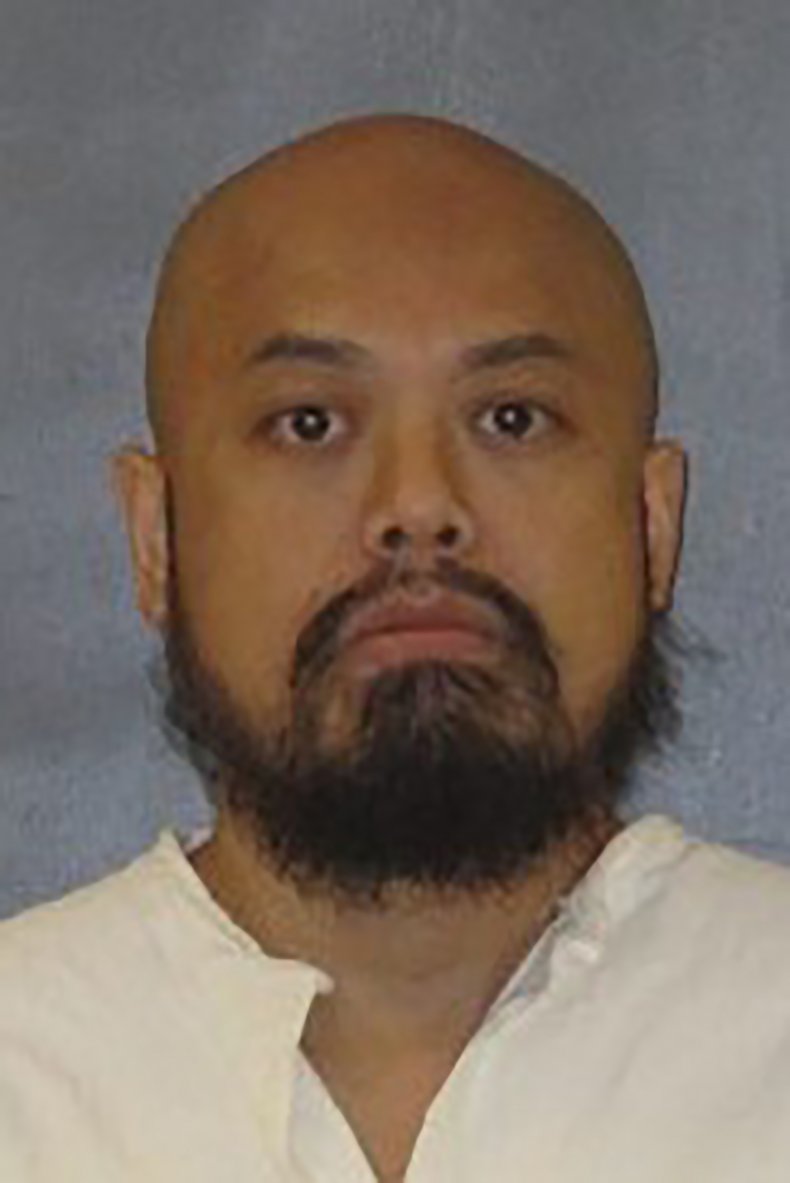Texas Delays 2 Executions After Condemned Inmates Claim Religious Rights Violated
Last week judges rescheduled two executions as inmates claimed that Texas violated their religious freedoms by not allowing spiritual advisors to pray out loud and place a hand on them at the time of their death.
According to Texas prison officials, praying out loud could be disruptive, and direct contact poses a security risk.
Kosoul Chanthakoummane's scheduled execution was set for November 10, but now will not occur until August 17, 2022, and Ramiro Gonzales, who was set for November 17, has had his execution also pushed back to July 13, 2022.
In total, six Texas executions have been delayed this year due to religious freedom claims, including one case that will be argued in the U.S. Supreme Court next month.
In the Supreme Court case on November 9, attorneys for John Henry Ramirez, Texas death row inmate, will say the state "makes no effort to hide its disrespect for the religious exercise of death-row inmates like [Ramirez] who seek spiritual comfort in their final moments."
For more reporting from the Associated Press, see below:

"Litigation pending in the United States Supreme Court regarding the defendant's right to the free exercise of religion warrants the withdrawal of the present date of execution and the setting of a new date of execution," Medina County prosecutor Edward Shaughnessy wrote in a motion asking a judge to reschedule Gonzales' execution.
Executions in Texas have been sporadic in the last two years, largely due to the COVID-19 pandemic, with just three lethal injections carried out last year, and three executions so far this year. In comparison, Texas carried out 13 executions in 2018 and nine in 2019.
Attorneys for the children of Pablo Castro, the 46-year-old convenience store worker Ramirez was convicted of fatally stabbing in 2004, called Ramirez's religious freedom claims part of "nearly decades of undue delays and manipulative, whipsaw litigation tactics."
The Supreme Court has dealt with the presence of spiritual advisers in the death chamber in recent years but has not made a definitive ruling. The inmates are citing the First Amendment of the U.S. Constitution as well as a 2000 federal law that protects an inmate's religious rights.
The high court's review comes after the Texas prison system in April reversed a two-year ban on spiritual advisers in the death chamber but limited what they can do. Texas instituted the ban after the Supreme Court in 2019 halted the execution of Patrick Murphy, who had argued his religious freedom was being violated because his Buddhist spiritual adviser wasn't allowed to accompany him. Murphy remains on death row.
The ruling in Murphy's case came after the court was criticized for declining to halt the execution of Alabama inmate Domineque Ray over his request to have his Islamic spiritual adviser in the death chamber.


